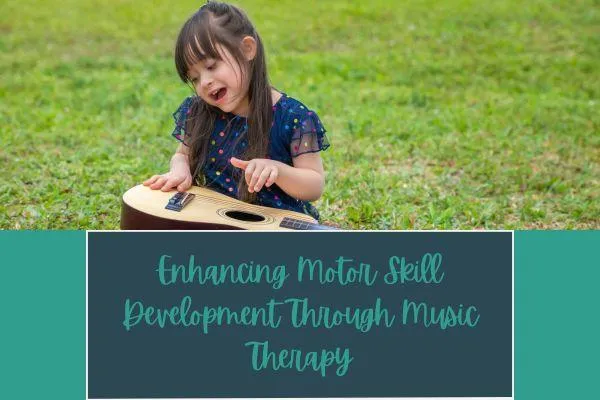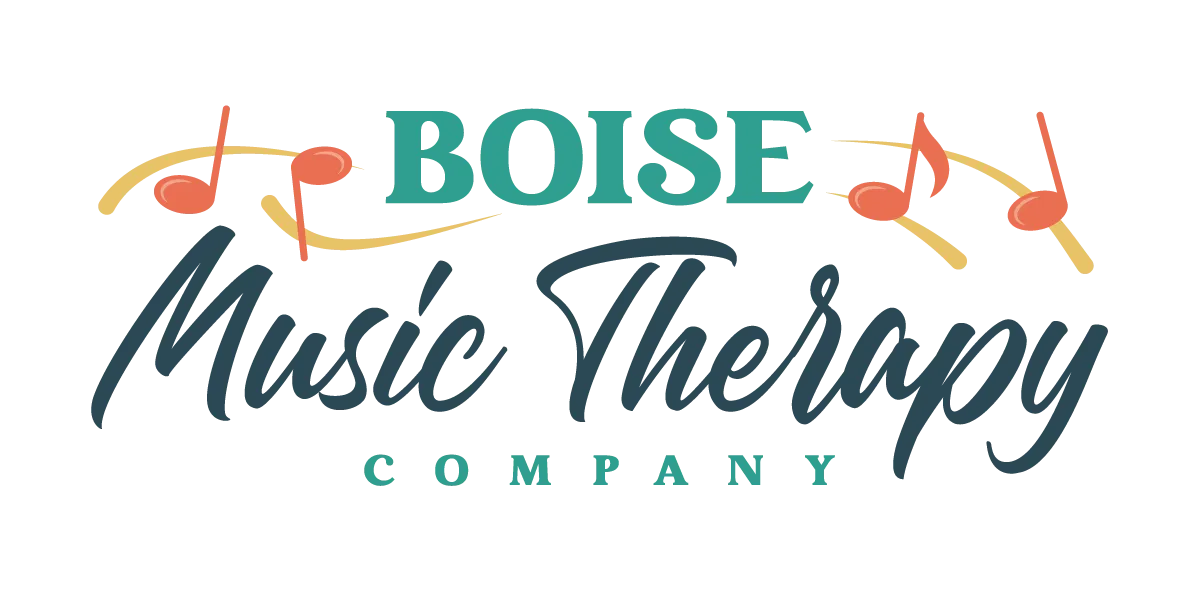Harmony in
Neurodiversity
THE BLOG
Welcome to Harmony in Neurodiversity, a blog dedicated to exploring the profound impact of music and positive parenting strategies on the lives of neurodivergent individuals. Join Samantha, a board-certified Neurologic Music Therapy fellow and a passionate Positive Discipline Parent Educator, as she shares her expertise in leveraging the power of music and effective parenting approaches to support and empower neurodiverse communities.
In her blog posts, Samantha delves into the intricate connections between music and the brain. She explores how specific musical elements and interventions can enhance cognitive functions, regulate emotions, improve communication, and promote social interaction among neurodivergent individuals. Through insightful articles and case studies, she demonstrates how rhythm, melody, and lyrics can serve as powerful tools for therapeutic interventions, fostering growth and self-expression.
Positive Discipline Parenting Strategies:
Drawing from her expertise as a Positive Discipline Parent Educator, Samantha sheds light on nurturing positive relationships between parents and neurodivergent children. Her blog offers practical advice, evidence-based strategies, and real-life anecdotes that empower parents and caregivers to cultivate respectful, encouraging, and effective parenting techniques. From setting clear boundaries to fostering a supportive environment, Samantha guides readers in navigating the challenges and joys of parenting neurodiverse children.
Exploring Intersectionality:
Samantha doesn't limit her discussions to singular approaches. Instead, she delves into the intersectionality of Neurologic Music Therapy and Positive Discipline Parenting, illustrating how these methodologies complement each other. Through her insightful content, she showcases how the harmonious integration of music-based interventions and positive parenting strategies can create holistic support systems for neurodivergent individuals, promoting their well-being and personal growth.
Community Engagement and Resources:
Additionally, Samantha fosters a vibrant online community where readers can engage, share experiences, and seek advice. She curates a wealth of resources, including recommended readings, workshops, and practical tools, empowering her audience to implement valuable insights into their lives effectively.

Enhancing Motor Skill Development Through Music Therapy
Enhancing Motor Skill Development Through Music Therapy
Motor skill development affects our daily lives and our ability to do tasks and interact with our surroundings. Some individuals struggle with motor skill development. One remarkable avenue for improving motor skills in individuals is through music therapy. This article explains how music therapy can enhance motor skills for individuals facing developmental challenges.
The Role of Music Therapy:
Music therapy stands out as a versatile and effective intervention that leverages music's power to address various developmental challenges, including motor skill deficits. It employs musical elements such as rhythm, melody, and tempo, coupled with specific therapeutic techniques, to stimulate physical responses and enhance motor skills.
How Music Therapy Aids in Motor Skill Development:
1. Rhythmic Stimulus: Music provides a structured and predictable rhythm that aids in coordinating movements. Individuals can improve their timing, coordination, and synchronization through activities like drumming, clapping, or dancing to a beat.
2. Coordination and Balance: Music-based exercises encourage body movements that promote balance and coordination. For instance, playing musical instruments or engaging in rhythmic movement helps individuals develop body awareness and control.
3. Fine Motor Skills Enhancement: Precise movements involved in playing instruments or engaging in activities like finger exercises while singing or playing facilitate the development of fine motor skills.
4. Emotional Engagement: Music has an inherent ability to evoke emotions. When individuals emotionally connect with music, they become more motivated and engaged, positively influencing their participation and effort in motor skill exercises.
Case Studies and Success Stories:
Numerous studies have highlighted the effectiveness of music therapy in enhancing motor skills for individuals with developmental disabilities. For instance, a study published in the Journal of Music Therapy revealed significant motor skill improvement in in autistic children after engaging in rhythmic-based interventions.
Personal anecdotes and success stories illustrate how individuals with developmental disabilities have made remarkable progress in their motor skills through consistent participation in music therapy sessions. These stories underscore the transformative impact of music-based interventions on their lives.
Music Therapy's ability to engage, motivate, and stimulate physical responses through rhythmic activities and emotional connections makes it a valuable and effective intervention. As research continues to explore its benefits, integrating music therapy into developmental programs offers promising avenues for enhancing the quality of life for individuals facing motor skill challenges.
Remember, seeking guidance from qualified professionals specializing in music therapy is crucial for individuals to receive tailored approaches to their specific needs.


